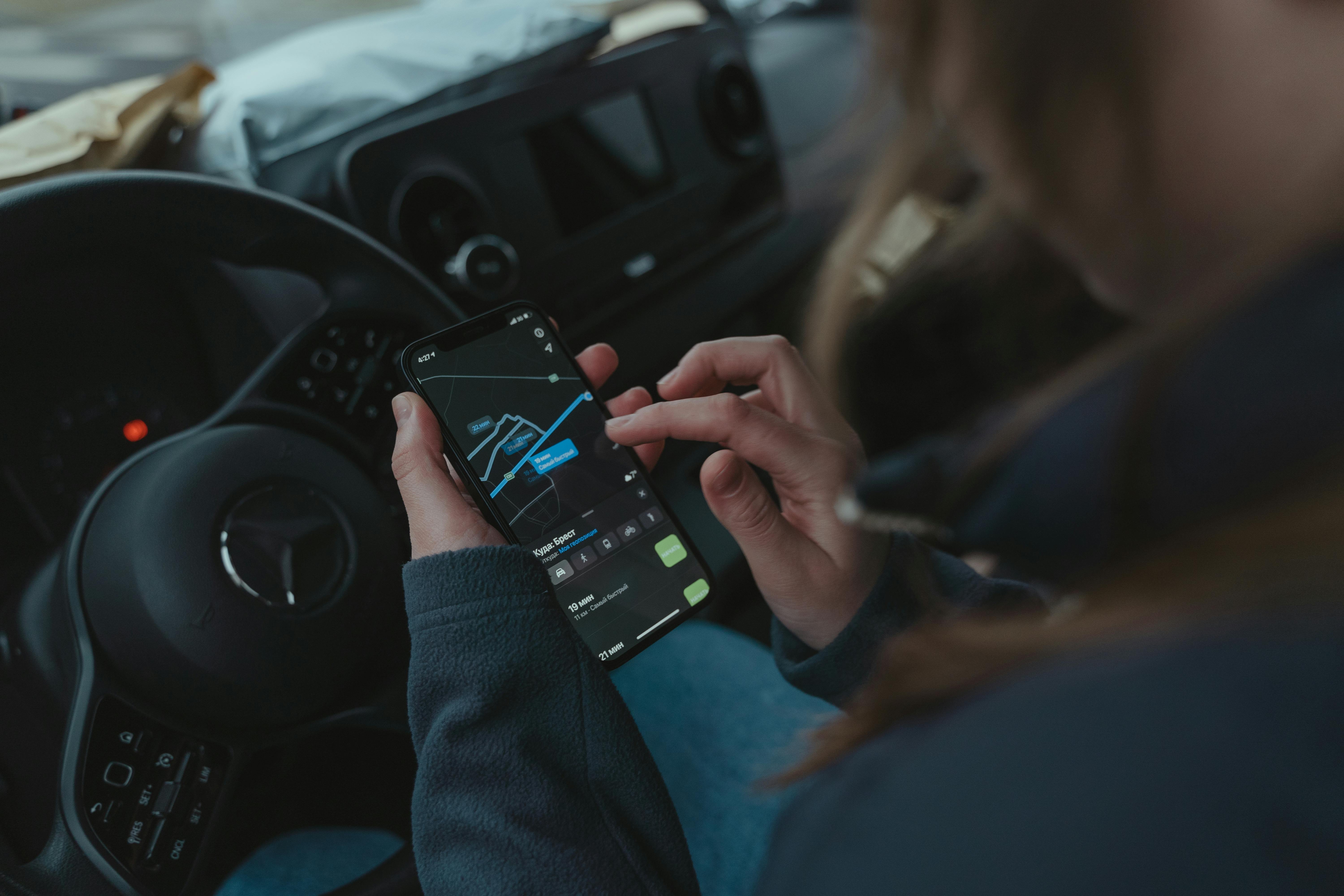
Neurologist Warns Against Four Everyday Habits That May Harm Brain Health
Dr. Baibing Chen, a double-board-certified neurologist and epileptologist at the University of Michigan, has outlined four everyday habits he actively avoids to maintain brain health and preserve memory function. While standard medical advice often includes avoiding smoking, alcohol, and drug use, along with exercising regularly, eating well, and getting sufficient sleep, Chen emphasizes additional, less-discussed risks to neurological well-being.
One such habit is overreliance on GPS for navigation. “Relying too much on GPS can weaken your spatial memory,” Chen noted. He cited studies indicating that taxi and ambulance drivers, who rely on real-time spatial navigation, may have larger hippocampi and a lower risk of Alzheimer’s disease due to frequent use of navigational skills.

Person using GPS to navigate | Source: Pexels
A second concern is frequent consumption of energy drinks. These beverages, often high in caffeine, taurine, and B vitamins, can lead to neurological issues such as anxiety, insomnia, and seizures. Of particular concern is vitamin B6, which can accumulate and cause peripheral neuropathy.
Chen also cautions against overuse of over-the-counter (OTC) medications. “Just because something is available over the counter doesn’t mean it’s harmless,” he said. He has seen cases of liver failure from acetaminophen and neurological symptoms linked to excessive intake of products like Pepto-Bismol and zinc supplements.

Women trekking | Source: Pexels
Lastly, he warns against spending time in nature without proper precautions. “Each year, I see previously healthy people come into the hospital with fever, confusion, and sometimes seizures or coma,” Chen explained, citing vector-borne illnesses like Lyme disease. He advises using insect repellent, wearing protective clothing, and checking for ticks after outdoor activities.
These findings underscore the importance of daily habits in preserving long-term cognitive health
The information in this article is not intended or implied to be a substitute for professional medical advice, diagnosis or treatment. All content, including text, and images contained on contraSpero.com, or available through contraSpero.com is for general information purposes only. contraSpero.com does not take responsibility for any action taken as a result of reading this article. Before undertaking any course of treatment please consult with your healthcare provider.
